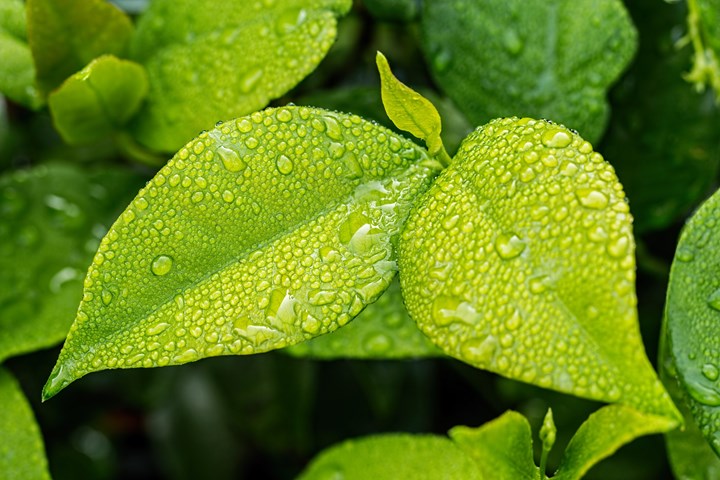Applied Graphene Materials launches eco-friendly graphene dispersions range
New bio-based range enables paints, coatings and composites manufacturers to improve product without compromising on performance.

Photo Credit: AGM
Applied Graphene Materials (AGM, Cleveland, U.K.) the producer of specialty graphene nanoplatelet dispersions, has launched a new range of eco-friendly graphene nanoplatelet dispersions that will reportedly enable paints, coatings and composite materials customers to improve the sustainability of their product formulations in response to growing market pressures to invest in bio-derived alternatives to traditional chemicals.
AGM’s Genable 1700 series of eco-friendly graphene nanoplatelet dispersions are based on the company’s well-established graphene dispersion technology, which is said to deliver significant performance uplifts such as chemical resistance, barrier and anticorrosion properties. Genable graphene dispersions are integrated with a selection of certified, fully bio-based solvents and resins available in the market, including Cyrene (dihydrolevoglucosenone), a bio-renewable solvent, and renewable resins Entropy Resin One and Entropy Resin CCR, a solvent-free liquid epoxy resin and a solvent-free hydroxy functional polyester respectively.
According to AGM, the Genable 1700 series product range is now available for sampling evaluation by customers for use in a wide range of liquid coatings and composite materials formulating applications.
The launch of this new sustainable range for customers reflects AGM’s own sustainability commitment to continuous improvement to align with the principles of the UN Sustainability Development Goals.
Related Content
-
JEC World 2024 highlights: Glass fiber recycling, biocomposites and more
CW technical editor Hannah Mason discusses trends seen at this year’s JEC World trade show, including sustainability-focused technologies and commitments, the Paris Olympics amongst other topics.
-
PUR composite sandwich panels for 3D automotive parts, high-volume panels and more
At its U.S. sites, Ascorium produces glass fiber/PUR 3D parts via semi-automated molding, high-volume flat panels via a continuous line while working toward bio-based PUR and recycling.
-
Natural fiber composites: Growing to fit sustainability needs
Led by global and industry-wide sustainability goals, commercial interest in flax and hemp fiber-reinforced composites grows into higher-performance, higher-volume applications.












